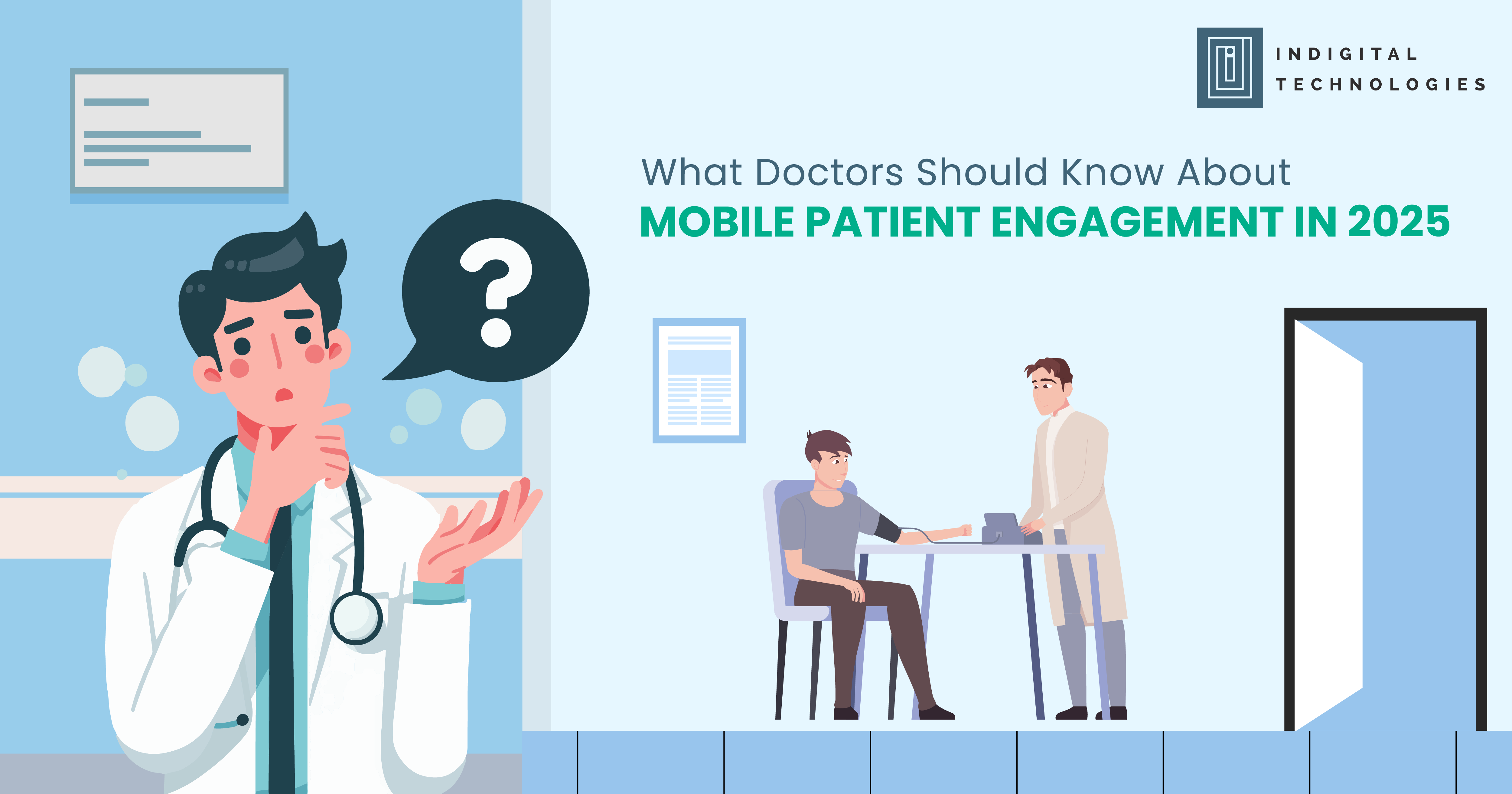In an era of rapid technological advancement, the healthcare sector is undergoing a fundamental shift: from system-centered care to patient-centered innovation. Today’s patients are better informed, more discerning, and less willing to accept inefficiencies in their care journey. For modern clinics, this means that adopting innovation is no longer optional — it’s essential.
At the heart of this transformation lies a simple question: How can clinics align their daily operations with patient expectations? The answer lies in reimagining every step of the outpatient experience with patient needs at the center — from waiting room processes to consultation flow.
Understanding the “Patient-Centric” Approach
A patient-centric clinic doesn’t just treat illness — it designs care around the patient’s comfort, understanding, and time. This goes beyond empathy. It includes:
- Reducing unnecessary wait times
- Offering clear communication at every step
- Delivering relevant health education
- Ensuring fairness and transparency in service
- Creating a seamless and calm environment
Patients judge clinics not only by the quality of the medical advice but also by how they are made to feel — respected, heard, and valued.
Where Traditional Systems Fall Short
Despite the best intentions of staff and doctors, many clinics still rely on outdated methods that hinder the patient experience:
- Paper token slips that get lost or miscommunicated
- Verbal calling that causes crowding or confusion
- No indication of wait time or queue position
- Limited communication or engagement while waiting
These gaps may appear minor, but they add up to a sense of disorganization — something modern patients quickly notice and dislike.
Health Screen: Innovation Focused on the Patient
Health Screen, developed by Indigital Technologies, addresses these shortcomings head-on. It is a digital token and patient engagement system that restructures outpatient care around the patient’s experience — without adding complexity for the clinic.
Here’s how Health Screen promotes patient-centricity:
- Digital tokens ensure fair, transparent queueing
- Waiting room displays inform patients about their turn
- Educational content engages patients during idle time
- Multiple queues can be managed without crowding
- Operational insights help improve service continuously
It’s not just innovation for the sake of technology — it’s innovation rooted in real patient needs.
Designing a Better Waiting Experience
One of the most important — yet neglected — parts of the patient journey is the waiting period. In most clinics, it is unstructured, stressful, and unproductive. Health Screen transforms this into a purposeful phase of the visit.
Instead of patients waiting in silence or confusion, they:
- Know exactly when their token will be called
- View information relevant to their condition or doctor
- Remain calm, engaged, and ready for their consultation
This dramatically improves their perception of the clinic, even before seeing the doctor.
Empowering Staff, Not Replacing Them
Patient-centric innovation also means reducing the administrative burden on clinic staff. Health Screen automates routine tasks — like calling tokens and tracking queues — allowing receptionists and nurses to focus on higher-value roles such as supporting patients, managing records, or helping elderly visitors.
It’s innovation that respects both sides of the clinic experience — patient and provider.
A Competitive Advantage That Lasts
Clinics that build their workflows around patient comfort and clarity gain more than just praise — they build long-term loyalty. Satisfied patients are more likely to:
- Return for follow-ups
- Recommend the clinic to others
- Leave positive online reviews
This organic growth is one of the strongest indicators of a clinic’s future success.
Conclusion
Patient-centric innovation isn’t about the latest gadget — it’s about transforming care experiences. In 2025, the clinics that stand out will be those that treat patients like partners, not just recipients of care.
Health Screen by Indigital Technologies exemplifies this principle, offering clinics across India a smarter, more respectful, and more structured way to serve their patients. Because in modern healthcare, how you manage care is just as important as the care you provide.





